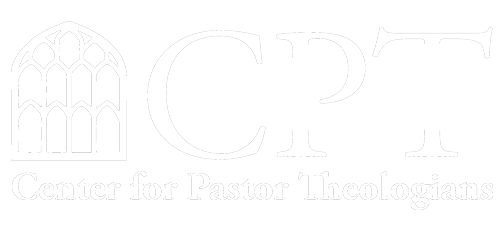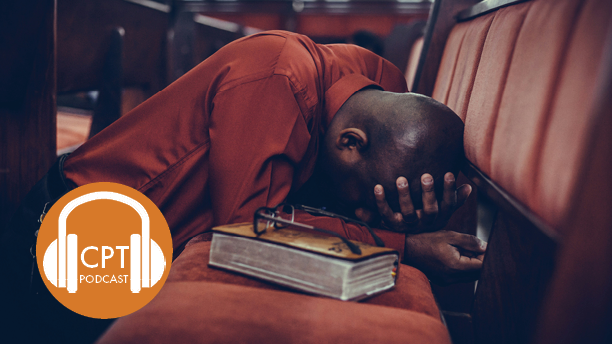It is rightly said that the gathered community that comes together in corporate worship prophetically points toward a hope and future glorious kingdom in Christ. This is gathered worship as an act of hope, perhaps even defiant hope in the face of a world marred by sin. The body of believers gathered for corporate worship is united by the Spirit, and points toward the hope with have in Christ to be with God.
Must I Repent of My Father’s Sins Also? Objective Spirit and The Dissolving Hope of Communion without Community
“I will not apologize for something I did not do.” As a facet of forgiveness, we often associate the need for apology with something for which we alone are at fault. I spoke a harsh word in my anger; I should apologize. I took what was not mine to take; I should return what I stole. But is there an obligation for the Christian to repent of sins which they did not commit? Beyond the shame of embarrassment and apology on behalf of someone else, is there room for a genuine and actionable repentance on behalf of another person?
The Pastor as a Bringer of Hope
When Eric Peterson became the pastor of a brand-new church, he quickly turned to his dad for guidance. As a result, pastor, scholar, poet, and author of more than thirty books, Eugene Peterson, began writing letters to his son reflecting on pastoral ministry in all its complexity.
Invisible Hope in a Visual World
Technological innovations like the Cathode-Ray tube at the end of the 19th century and the first forms LED and touchscreen technology in the 1960s changed our vision of the world. Even before the Covid shutdowns, many people would spend 6-8-12 hours in front of screens, computers and phones at work, and phones, computers, and TVs at home. Screens display our labor and our entertainment. Screens mediate much of our engagement with friends and family and the world itself.
The Vincentian Vision of Classical Christianity
I oscillate between despair and hope over the future prospect of evangelicalism. My reservation about it is driven by my perception of the movement’s fraught historical past and trends in its present. The evangelical past has been connected to various sorts of oppression—including exploitation and displacement of Natives, participation and preservation of chattel slavery, and perpetuation of patriarchy. Evangelicals in the present are culpable for the ghastly continuation of white male supremacy for the sake of a Christian Nationalist vision.
Introducing Our Sixth Ecclesial Theologian Fellowship
We are delighted to officially introduce the newest members of our Ecclesial Theologian Fellowship Program.
The Neglected Virtue of Hope
Hope is more than merely an ingredient of faith; hope is a co-reagent in the transformation of a human being from death to life. If we meet a person who claims to have faith, but not love, we would wonder about that faith. In the same way, if we meet a person who claims to have faith, but does not have hope—full confidence that what God says he will do he will do—we should wonder about that faith, too.
Neighborhood Battle for Beauty
Trees wrapped in balloons and stuffed animals;
A child’s picture;
Liquor bottles scattered under leafless branches.
An aesthetic of death and grief.
New Ecclesial Theologian Fellowship – Now Accepting Applications!
We are delighted to announce we are now accepting applications for the 6th Ecclesial Theologian Fellowship (ETF) of the Center for Pastor Theologians.
The Lion Who is the Lamb: Reflections on Revelation 5 in a Time of War
Over the past few days, as I have watched the scenes of war coming from Ukraine and as I have prayed for and communicated with my friends in Ukraine, I have found myself turning to the Book of Revelation. I don’t turn to Revelation to read it as a code for deciphering the particular events of this evil invasion, or to determine whether or not this war is a sign that the end times are near; to do so would be to abuse the purpose of Revelation. Rather, I turn to Revelation to allow this remarkable text, one of the most astonishing pieces of literature ever written, to do just what it is supposed to do: to anchor my soul in the eternal vision of God, to put the terrible, temporal events in eternal context, and to hear the Word that gives the Church the conviction to persevere in following Jesus, even as evil runs riot on the earth.











